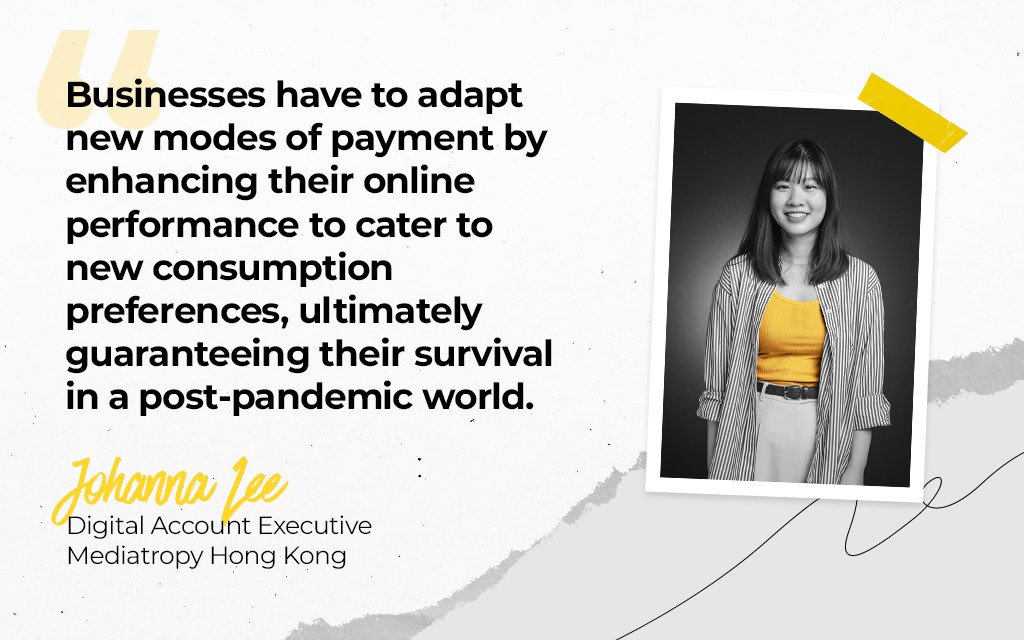Mainland China’s strict Covid restrictions have led to a sharp decline in luxury goods sales and revenue forecasts for luxury brands. The decrease in tourism and income for Chinese and Hong Kong consumers have contributed to the reduction in spending on luxury products.
To adapt to these changes, luxury brands have adjusted their sales strategies by developing affordable product lines and increasing online sales channels. Despite the challenges, China remains a crucial market for luxury brands, with enormous potential in its growing middle class.
Luxury brands must adapt to the changing market conditions and build strong relationships with Chinese consumers through new marketing strategies, digital platforms, and collaborations with local influencers and celebrities.
Based on the current business situation in Hong Kong and China, luxury brands will need to navigate the complex cultural and economic landscape within their countries to succeed.
This includes understanding the unique preferences and spending habits of Chinese consumers, as well as staying up-to-date on the rapidly evolving regulatory environment. Overall, the border opening presents a unique opportunity for luxury brands to expand their reach in the region, but it will require careful planning and execution to succeed.
As the luxury market continues to evolve, brands must also take into consideration the changing spending habits of new generations. The rise of younger, affluent consumers, particularly in China, has disrupted the traditional luxury market in many ways.
In addition, brands need to pay attention to changing the spending habits of younger generations. 21% of Gen Z survey respondents are willing to spend more than 16% of their income on luxury, indicating that Chinese visitors are more inclined to spend on luxury products.
After Mainland China’s quarantine policy is lifted, more than 70% of Chinese consumers intend to travel abroad. This represents a substantial increase from the previous year when the pandemic forced many of them to cancel their travel plans.
The potential influx of Chinese tourists is welcome news for many businesses and destinations around the world, particularly in the luxury and hospitality sectors. Chinese tourists are renowned for their high spending habits, with many seeking out luxury products, experiences, and services while abroad.
Luxury brands and retailers are ramping up their efforts to attract Chinese tourists, offering tailored products, marketing campaigns, and VIP services designed to appeal to this lucrative demographic.
For the luxury market, there will be higher reliance on e-commerce. This shift towards e-commerce is expected to continue in the coming years, with more luxury brands exploring innovative ways to connect with their customers online.

More consumers turn to online shopping for convenience, luxury brands are facing increased pressure to enhance their digital offerings and provide seamless online experiences. Luxury brands must heavily invest in e-commerce capabilities to be more competitive in the marketplace.
However, the transition to e-commerce also poses challenges for luxury brands, particularly when it comes to maintaining their exclusivity and brand image in the digital realm. As such, many brands are taking a cautious approach to e-commerce by carefully balancing the benefits of online sales with the need to maintain their high-end, luxury status.
Overall, the increased reliance on e-commerce in the luxury market is both a challenge and an opportunity for brands as they seek to adapt to changing consumer habits and preferences while staying true to their core values and identities. By embracing digital transformation and innovating new ways to engage with customers online, luxury brands can continue to thrive in a rapidly evolving market.
Luxury brands have long been associated with timeless elegance and traditional craftsmanship. However, in today’s fast-paced digital world, innovation has become increasingly important for brands.
Transforming the luxury industry is in the realm of digital technology. Brands must reach consumers who are more active online through various digital channels. You can stay relevant in a rapidly changing market while continuing to deliver the quality and exclusivity their customers demand regardless of the platform.
In today’s ever-evolving luxury market, staying ahead of the competition is crucial for brands seeking to thrive and grow. At Mediatropy, we specialise in helping luxury brands navigate the complex landscape of digital marketing and e-commerce.
If you are looking to grow your brand or launch new campaigns, we would love to help you. Schedule a chat with us today to discover how we can assist you in achieving your marketing goals.
Don't be shy — say hello and we'll be glad to kickstart your next exciting digital marketing journey.